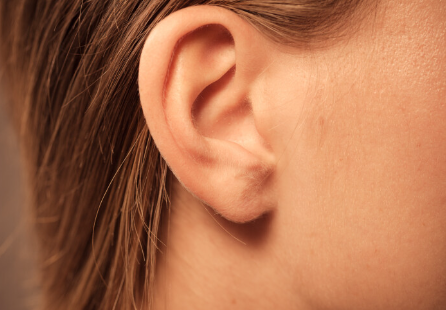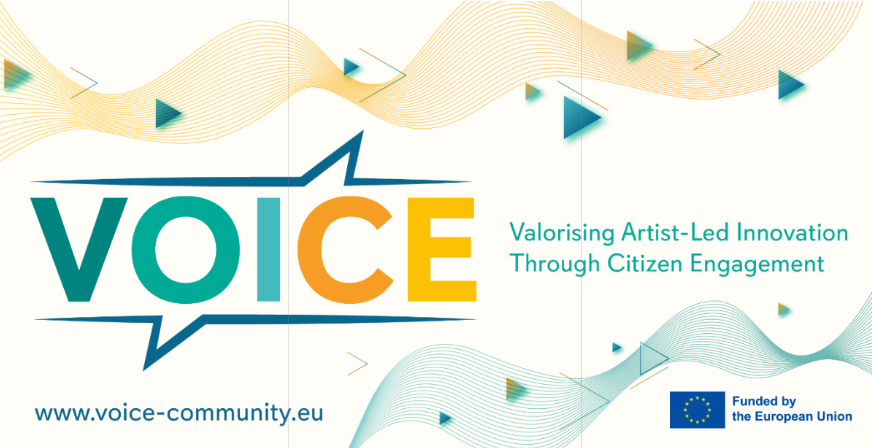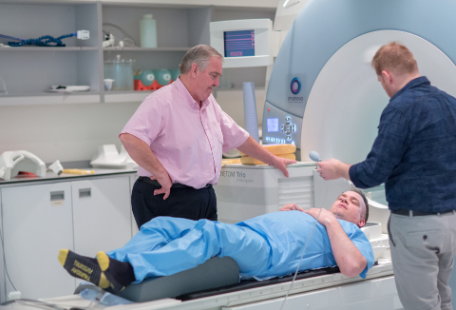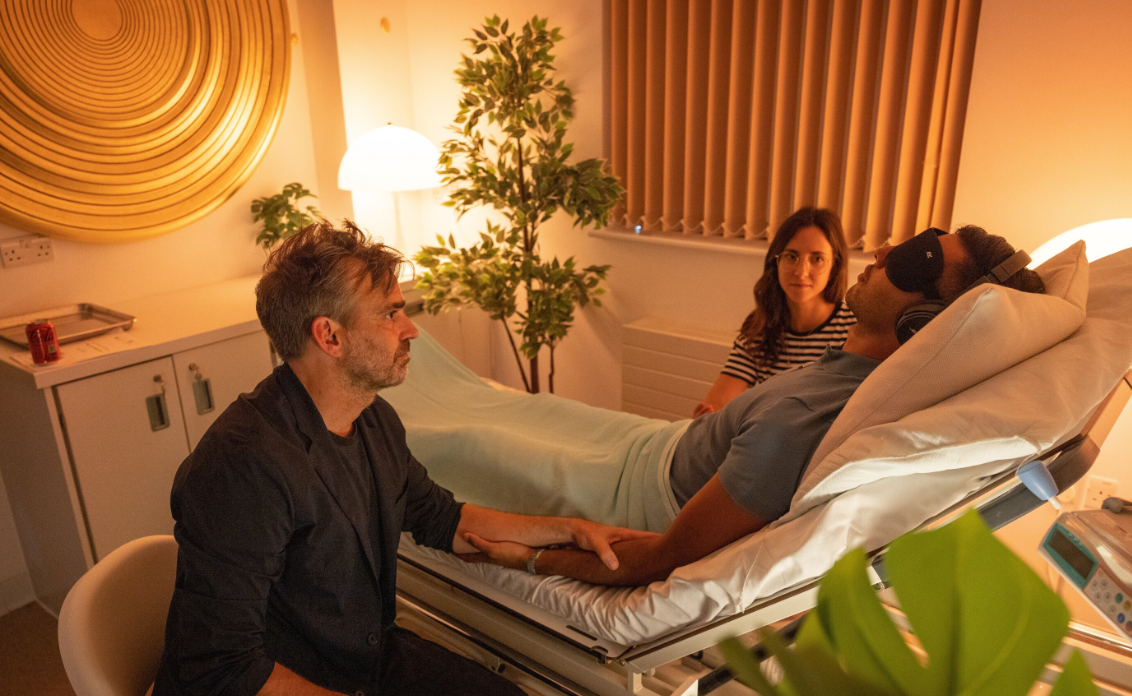
From Imperial, recent research has been published that shows how a tiny device in the ear canal can monitor heart health:
Recent research from Imperial reveals a breakthrough in heart health monitoring through a tiny device placed in the ear canal. Co-led by PhD student Metin Yarici, the study demonstrates how these devices in a single ear can collect real-time electrocardiogram (ECG) data. Previous research by the team highlighted the ear as an effective site for monitoring brain function and vital signs through hearable devices, wearables designed to snugly fit within the ear canal.
Metin Yarici, the lead author, emphasizes the practicality and usability of the single ear-ECG, envisioning its potential to bring continuous cardiac monitoring beyond clinical settings. The researchers anticipate applications in remote monitoring for patients and athletes, offering insights into heart functioning in various conditions, including 24/7 assessment of physical strain and stress in workplace environments.
Read the full article here.
Royal College of Art partners on VOICE project to shape the future of sustainability through the synergy of art, tech and society:
The project brings together eight partners from six countries. Over the next thirty months, VOICE will receive a total funding of 1.3 million EUR from the European Commission's Horizon Europe programme.
VOICE aims to foster dialogue, creativity, and co-creation among citizens, industry, and diverse stakeholders, with a strong emphasis on building a vibrant Community of Practice. By leveraging arts and cultural institutions as platforms for collaboration, VOICE seeks to cultivate a dynamic ecosystem where individuals from different backgrounds and disciplines come together. By integrating diverse creative expressions and digital innovation into 'real world' contexts, the project team sets out to inspire citizens and industry to think creatively and differently about the challenges posed by sustainability.
Read the full article here.
From the Natural History Museum, Scientists described a record 815 new species in 2023:
In 2023, scientists at the Natural History Museum achieved a remarkable feat by describing a record-breaking 815 new species. Their work, ranging from ancient dinosaurs to oceanic worms, holds particular significance in the face of Earth's biodiversity crisis. Understanding and documenting these new species are vital components in the efforts to protect, preserve, and reverse declines in biodiversity worldwide.
Read the full article here.
Imperial's Centre for Psychedelic Research is exploring the potential of psychedelic therapy, specifically using psilocybin, to treat behavioural addictions such as gambling, drug and alcohol abuse:
Brain imaging studies are being conducted to understand addiction mechanisms and assess the impact of psilocybin therapy on individuals with gambling disorders. The researchers aim to determine if psychedelic therapy can recalibrate dysfunctional reward circuits and potentially offer a new approach to addiction treatment.
If successful, this could lead to further clinical trials, with the Centre considering the possibility of commercializing their findings through industry partnerships or a spinout company.
Read the full article here.



